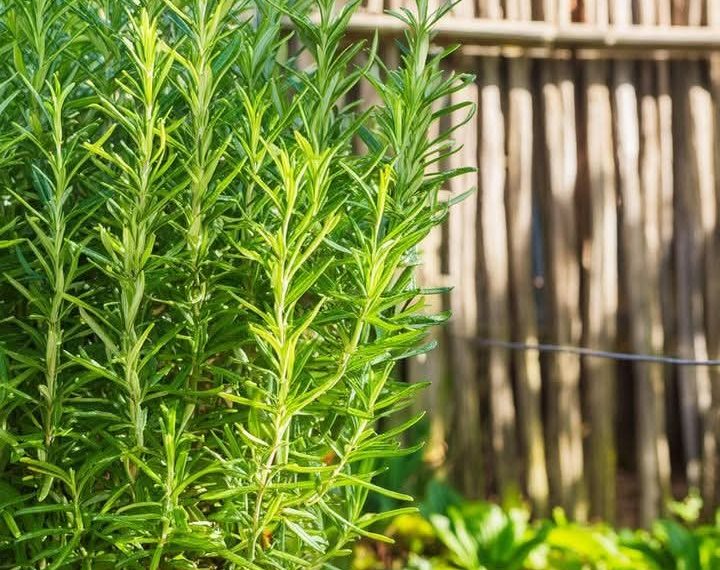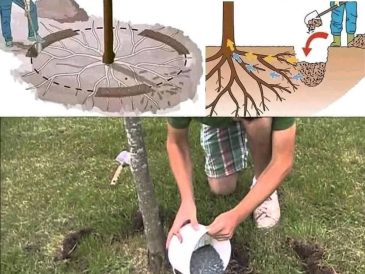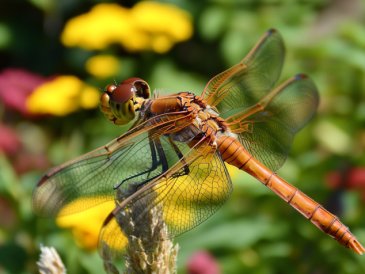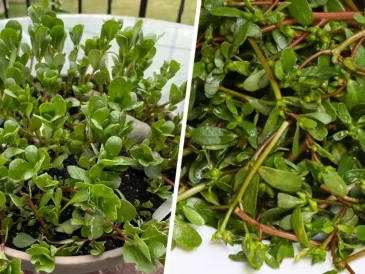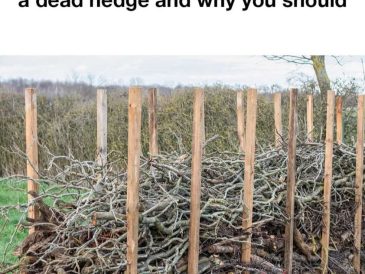Rosemary is a popular herb prized for its aromatic fragrance and its ability to thrive in many garden settings. This perennial evergreen is not only loved for culinary uses but also for its ornamental appeal and health benefits. It’s a hardy plant that grows well in various conditions, though it requires specific companions to fully thrive and benefit the surrounding flora.
Reading further, you will discover specific plants that should not be placed near rosemary, which might surprise many gardeners. Understanding these interactions is crucial for maintaining a healthy and vibrant garden. We’ll explore what makes these pairings unsuitable and how placing rosemary properly can enhance your gardening success and the wellbeing of your entire garden space.
1. Basil
Rosemary and basil may be favorite herbs in kitchen dishes, but in the garden, they do not mix well. Basil needs more moisture than rosemary, which prefers a drier soil. Planting them together can lead to water distribution conflicts, potentially harming both plants.
2. Cucumbers
Cucumbers are another plant that should not be grown near rosemary. Cucumbers require a lot of water, which can interfere with rosemary’s growth, which thrives in well-drained conditions. Additionally, rosemary can attract several pests that might harm cucumber plants.
3. Tomatoes
While both tomatoes and rosemary do well in full sun, tomatoes require significantly more water and nutrient-rich soil than rosemary, which can compete with rosemary for these resources. This competition can reduce the yield and health of both plants.
4. Potatoes
Growing rosemary near potatoes can adversely affect the potatoes. Rosemary attracts potato beetles, a common pest for potatoes. Additionally, similar to other conflicts, the disparity in watering needs can complicate cultivation when planted close together.
Each of these plants interacts differently with rosemary, and understanding these relationships is crucial for your gardening strategy. Using this knowledge, you can plan your garden layout more effectively, ensuring that all plants get the environment they need to flourish.

